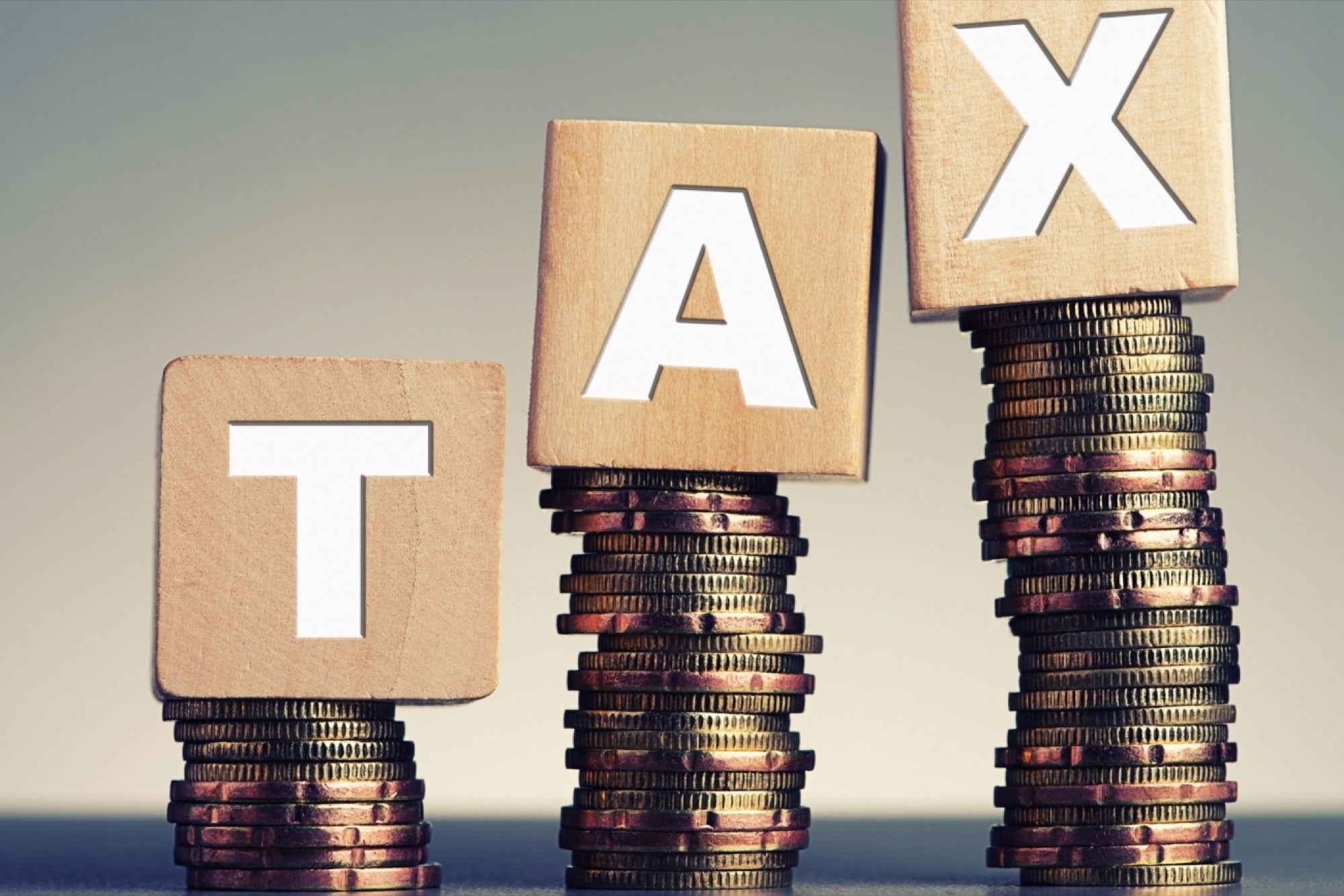Can the Indian Government Really Take Away the Devil that is Angel Tax for Startups? The government claims that it can stop the IT department from harassing Indian start-ups
You're reading Entrepreneur India, an international franchise of Entrepreneur Media.

Indian start-ups have been battling with the angel tax for long now, with petitions, raised voices and approaches to the government for concession on the same. Investors have been lying low and carefully rolling out money because of the fear of the angel tax, where investments more than INR 10 crore are taxed.
For the same, the income tax department had even issued notices to start-ups across the country. While the start-ups which came under the Startup India plan after 2016, where promised to be exempted for the same, although the grounds of it still remain unclear. But the government which is rooting for the start-up ecosystem has taken the matter under its consideration and at a recent event, NITI Aayog CEO Amitabh Kant even mentioned that a circular has been issued to the income tax department not to harass start-ups on the angel tax issue while a solution is being brought about.
What's the Angel Tax?
The 2012 budget had introduced the concept of the Angel Tax as a part of the Income Tax Act. In accordance with the same, investments were taxed at 30 per cent. Under the same, any excess consideration received by a company will be treated as "income from other sources", if it issues shares at a price which exceeds the fair market value of the shares. The same does not apply if funding is received from VC funds, PE firms or a class of persons notified by the government.
Angel Tax is also the reason why the country has seen a steep decline in the number of seed fundings. The number of seed fundings had decreased by 53 per cent in the last year, this has been labelled as Red Flag in the ecosystem in a Nasscom report.
In the Union Budget 2018-19, while Jaitley spoke about building a conducive environment for VCs and increasing the amount of funding in the country, although no direct measures were spoken about regarding the angel tax, it is expected to come down as Jaitley said, "We will take additional measures to strengthen the environment for their (start-ups') growth."
An Unfair Practise
When it comes to the angel tax, start-ups are taxed according to their valuation, which does not go down well with entrepreneurs. With or without profits in their cashbook, the valuation of a start-up can be high.
For any country to grow at a fast pace and be a super power, it has to depend on its start-ups believes Dr Ritesh Malik, founder of Innov8. However, the structures built around the same in the country are very old, he said, adding that we fail to understand the start-up ecosystem.
"The IT officials think it's a huge scam, for how can a start-up without a positive cashflow actually have a high valuation. But it's unfair to pay for taxes on the notional value and not the tangible profits. The IT notices are the biggest reasons why start-ups are thinking of going through countries like Singapore to raise funds so as to evade tax," said Dr Malik.
The flawed structure has become the biggest challenge for the investors and entrepreneurs in the country. Dr Malik even points out that angels don't mind paying taxes as long as they are actually getting an exit from the start-up where they have a capital gain out of it.
Not a Wise Decision
While agreeing that the Angel Tax is a wise step to curb those misusing funds for conversion of black money into white, Shivam Ahuja, founder of Delhi Angels, believes that putting taxes over start-ups that have just started growing and got fresh series funding is not wise decision considering the heavy taxes of over 30% for an "over valued amount".
"On one side, we see "Start-up India" campaign getting great traction in terms of page views and headlines but not on grounds in terms of registered start-ups by DIPP and other benefits under start-up India scheme and now with Angel Tax in the picture. We are hoping the government will come with a fresh circular aimed at resolving the issue completely," said Ahuja.
Clarity, Please?
For start-ups, it's the cloud of confusion that's bothering them. Shashank Bijapur, a Harvard Law School alumni and Wall Street Lawyer and founder of legal tech start-up SpotDraft, while hails the Start-up India initiative which has a bunch of consolations for the start-ups, also points out that the methodology used to implement the directives for tax benefits are quite opaque. "We need more clear directions that answers the hows and the whys," he said.
Bijapur also believes that the benefits will reduce the power of an assessing officer under sec 56 of the IT act and give more breathing room for start-up valuations (especially those done under the DCF method). "The problems that typically arose in Start-ups, two-three years after investment are less likely to happen after the relaxation relating to the angel tax," he said.











